© ROOT-NATION.com - Use of content is permitted with a backlink.
Ever wondered what happens when you mix zombie apocalypse with political science? AMC’s “The Walking Dead” offers more than just thrilling survival horror – it’s a fascinating case study in how societies rebuild themselves from scratch. While most viewers focus on walker-slaying action, the series sneaks in some surprisingly deep commentary about how humans organize and govern themselves when everything falls apart.
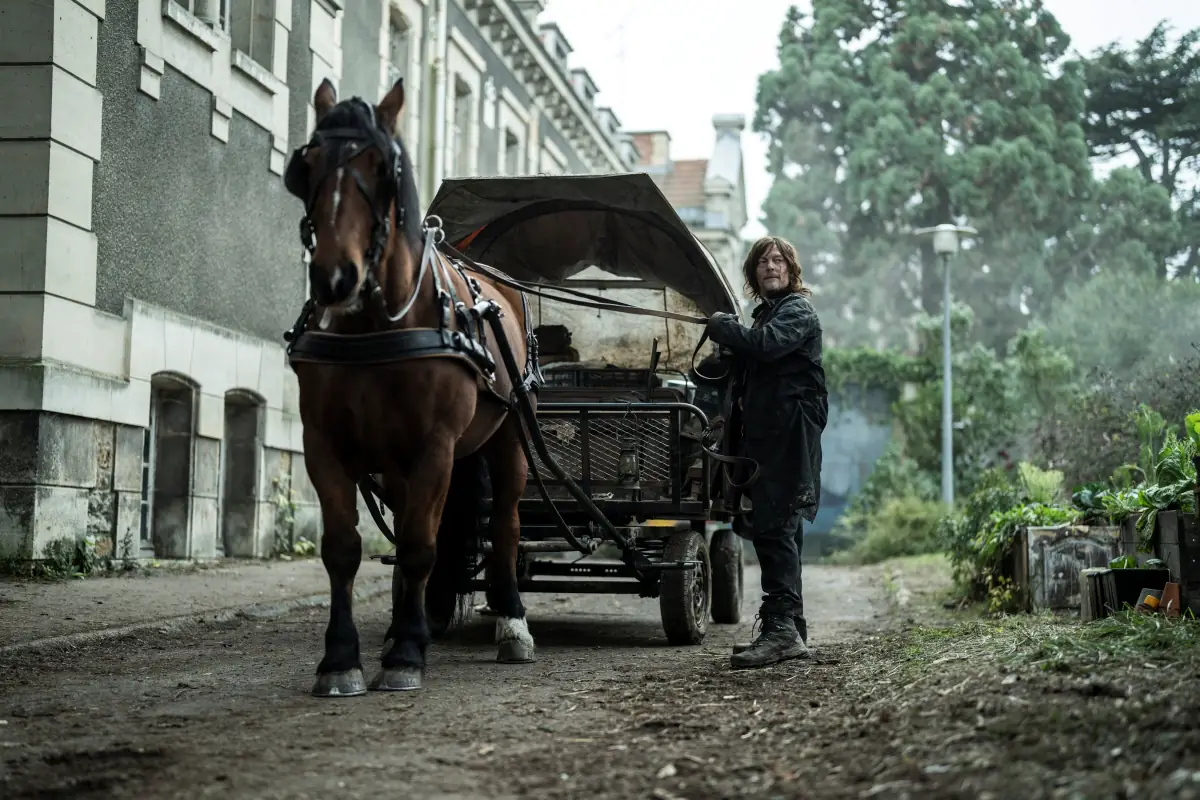
How are walkers, munchers, stinkers (and everyone else but zombies) superior to the surviving humans in “The Walking Dead”?
Spoilers ahead.
What’s Geopolitics Got to Do With Zombies?
Before diving deep into walker territory, let’s break down what geopolitics actually means. In simple terms, it’s about how geography, resources, and power shape the way different groups interact with each other. Think of it as a complex game of Risk, where your location, what you own, and who you know determine your survival chances.
In “The Walking Dead,” we see this play out constantly. Alexandria thrives partly because its walls and location make it defensible. The Hilltop’s success stems from its fertile farming land. The Sanctuary’s power? It controls manufacturing and weapons. Each community’s fate is tied directly to what they have and where they are – that’s geopolitics in action, just with added zombies.
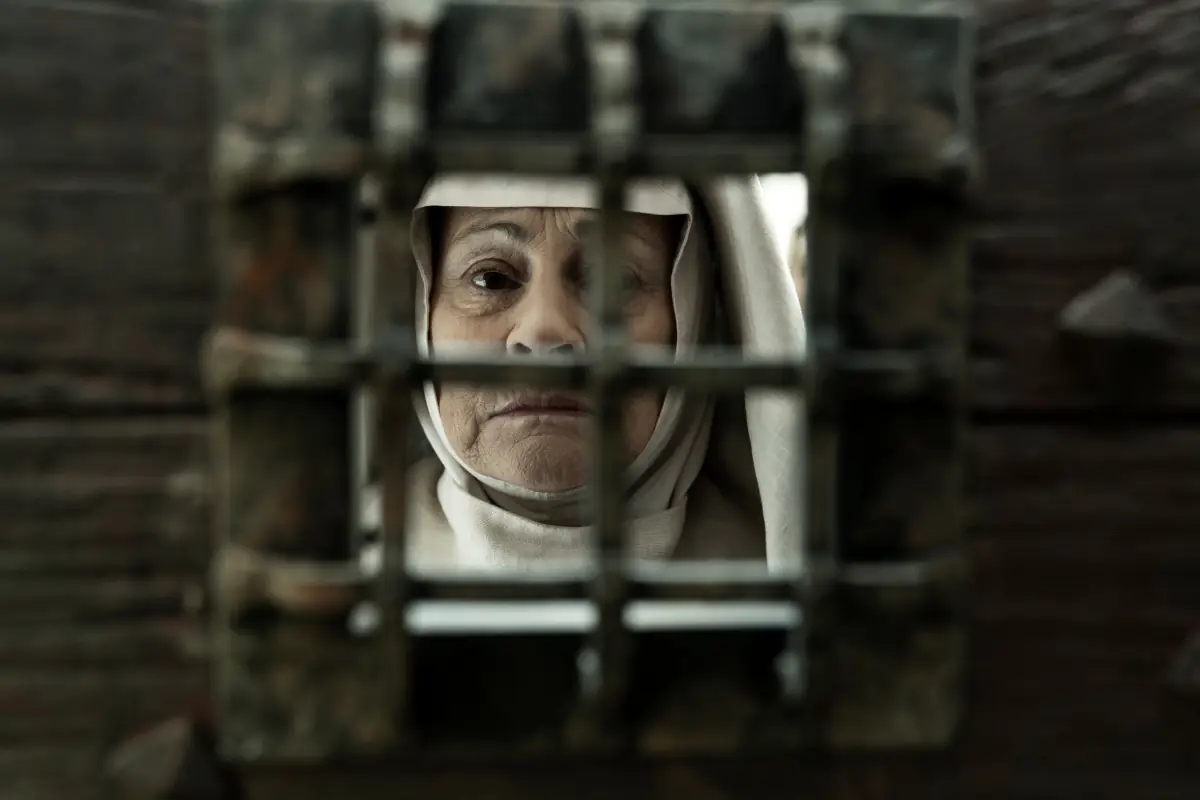
Читайте також: Top 10 Most Interesting Modern Horror Films on Netflix
The Rise of Neo-Feudal Systems
When traditional governments crumble, humans don’t simply descend into endless chaos. Instead, as “The Walking Dead” brilliantly demonstrates, they naturally organize into smaller, feudal-like communities. Alexandria, The Kingdom, and The Sanctuary aren’t just random settlements – they’re micro-states that mirror historical patterns of political development.

What’s fascinating is how these communities showcase the raw elements of state formation. The walls of Alexandria aren’t just zombie protection – they’re the physical manifestation of sovereignty. Leadership doesn’t stem from electoral colleges or constitutional rights, but from the fundamental ability to provide security and resources. It’s politics stripped down to its core essence.
Welcome to Post-Apocalyptic Political Theory
Here’s something mind-blowing: each major community in the series actually represents different political systems that philosophers have been writing about for centuries. Remember Plato’s theory about how governments evolve? “The Walking Dead” accidentally (or perhaps intentionally) creates a perfect showcase of it.
The Kingdom, with Ezekiel and his tiger, represents a monarchy – complete with theatrical displays of power and benevolent rule. The Sanctuary under Negan? That’s straight-up authoritarianism, with its strict hierarchy and rule through fear. Alexandria tries its hand at democracy with its council system, while Oceanside shows us an isolated matriarchy born from trauma.
From Each According to Their Ability…
Speaking of political systems, let’s talk about Alexandria’s surprisingly communist undertones. No, really – hear me out. There’s no official currency, jobs are assigned based on skills, everyone works for the community, and healthcare and housing are free for all. As Deanna even points out to Rick, “I guess the communists won.” It’s a fascinating example of how extreme situations can lead to radical social reorganization.
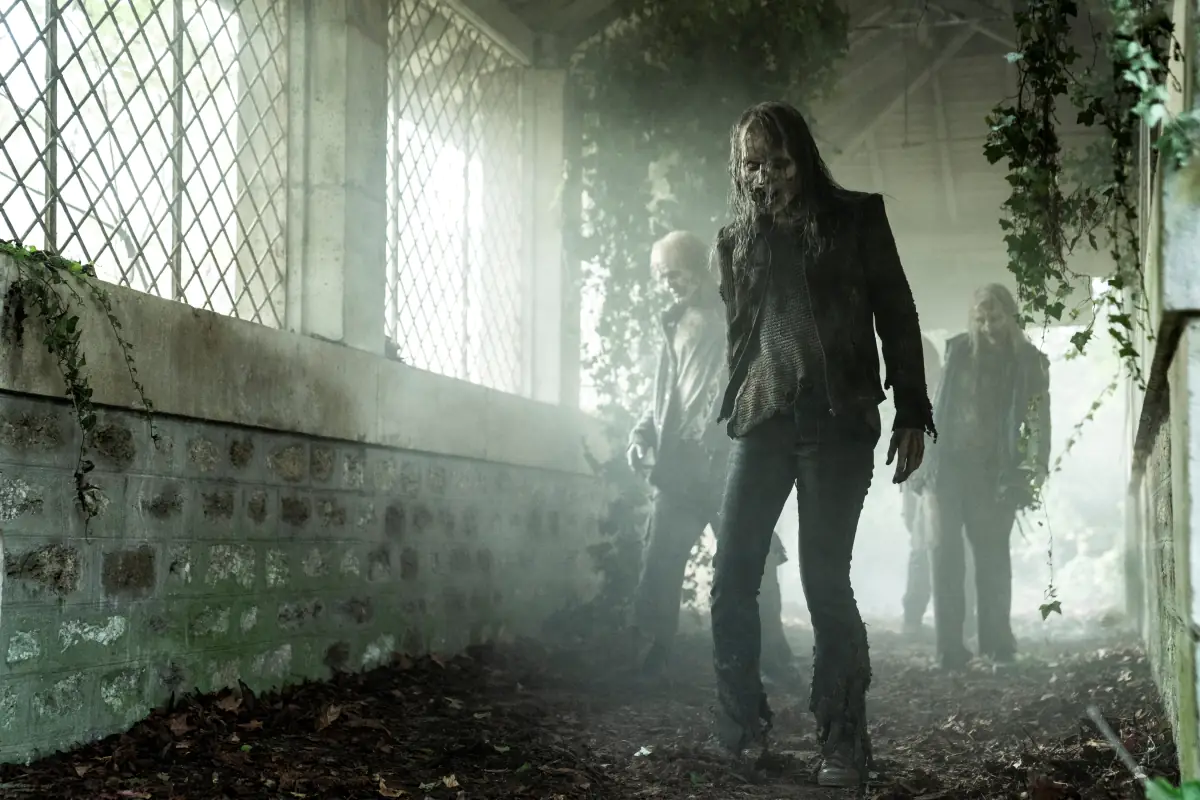
Resource Wars and the Economics of Survival
When we look at the conflicts between communities, they’re rarely just about personality clashes or revenge. The war with the Saviors, stripped to its essence, is a classic resource conflict. Negan’s “protection racket” mirrors historical patterns of tributary systems, while the agricultural focus of the Hilltop shows how food production shapes power dynamics.

The series presents a world where economics returns to its most basic form. There’s no stock market or cryptocurrency here – power is measured in bullets, medicine, and food. The communities that control these resources control everything else, creating a fascinating parallel to historical and modern geopolitical conflicts.
Читайте також: TV series to help overcome stress and get distracted. Vol. 2
The Commonwealth: When Old World Meets New
The introduction of the Commonwealth brings perhaps the most intriguing political commentary of the series. Here we see an attempt to resurrect pre-apocalypse social structures, complete with class systems and bureaucracy. It’s like watching someone try to rebuild a smartphone in the Stone Age – fascinating, but maybe missing the point of starting fresh.
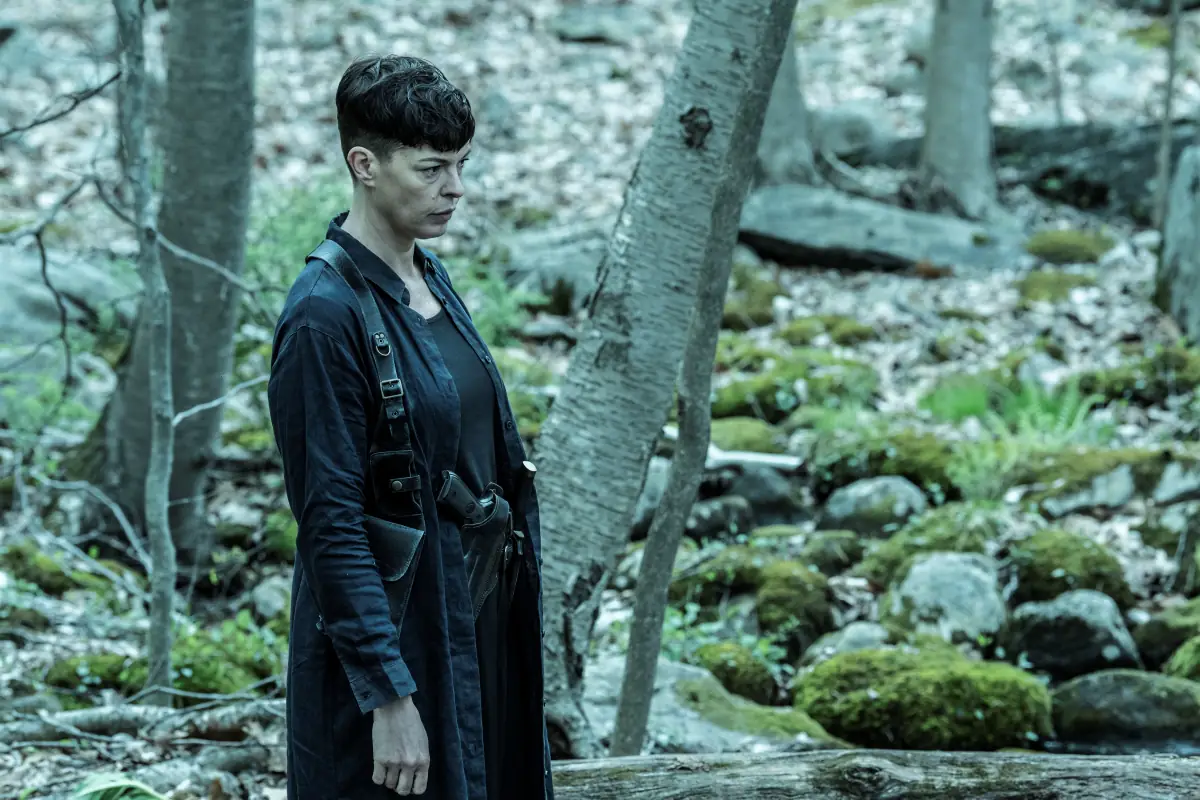
Modern Parallels and Timeless Truths
What makes “The Walking Dead” truly compelling from a political perspective is how it reflects our own world’s challenges. The formation of alliances against common threats mirrors international coalition-building. The tensions between security and freedom within Alexandria echo current debates about surveillance and civil liberties. Even the trade networks that develop between communities reflect our own global interdependence.
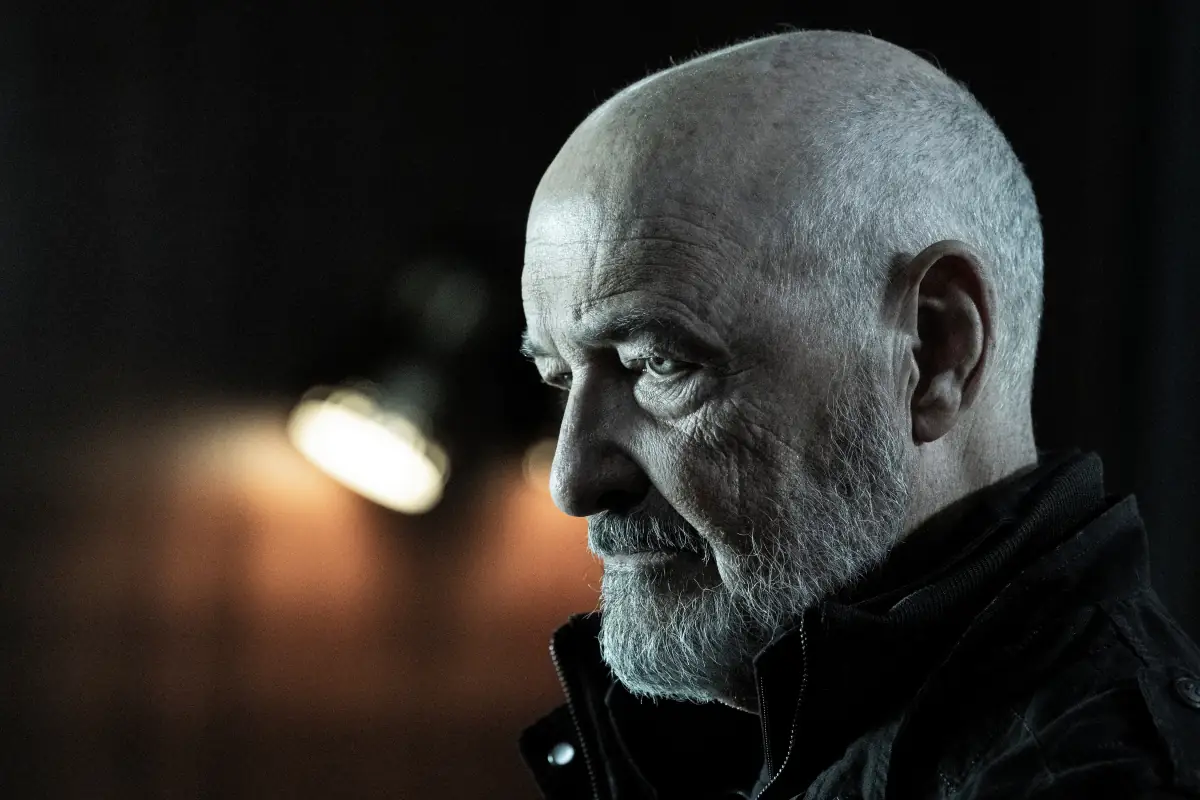
In the end, AMC’s “The Walking Dead” proves that even in a world overrun by the undead, politics finds a way. From resource wars to complex alliance systems, the show demonstrates that whether we’re dealing with zombies or international relations, certain political truths remain constant: the need for security, the importance of resources, and the eternal struggle between individual freedom and collective survival.
The author referred to discussions on Reddit when working on this article.
Також цікаво:
- ID-Cooling DX360 Max Liquid Cooling System Review
- BLUETTI AC70 Portable Power Station Review: Compact Yet Powerful

